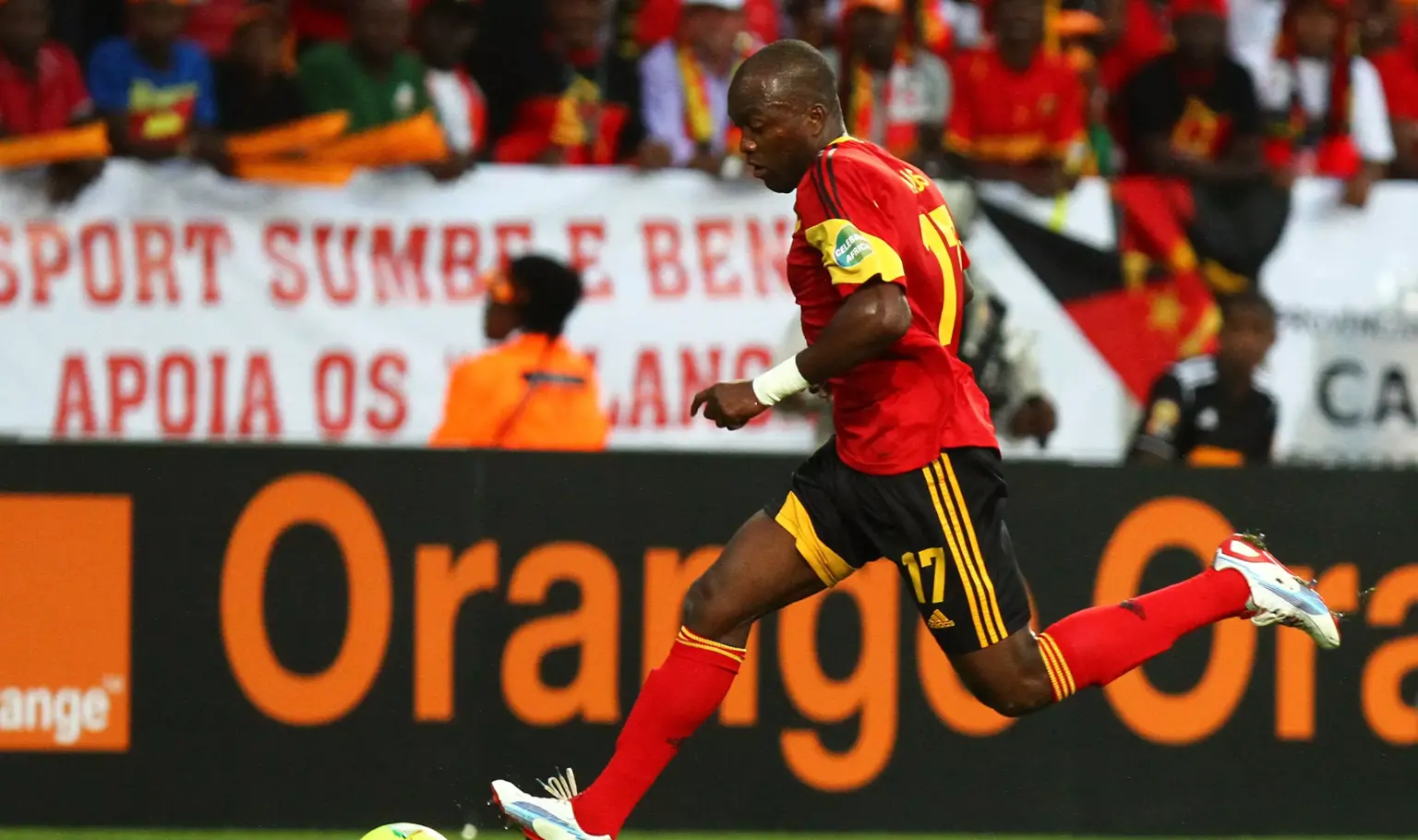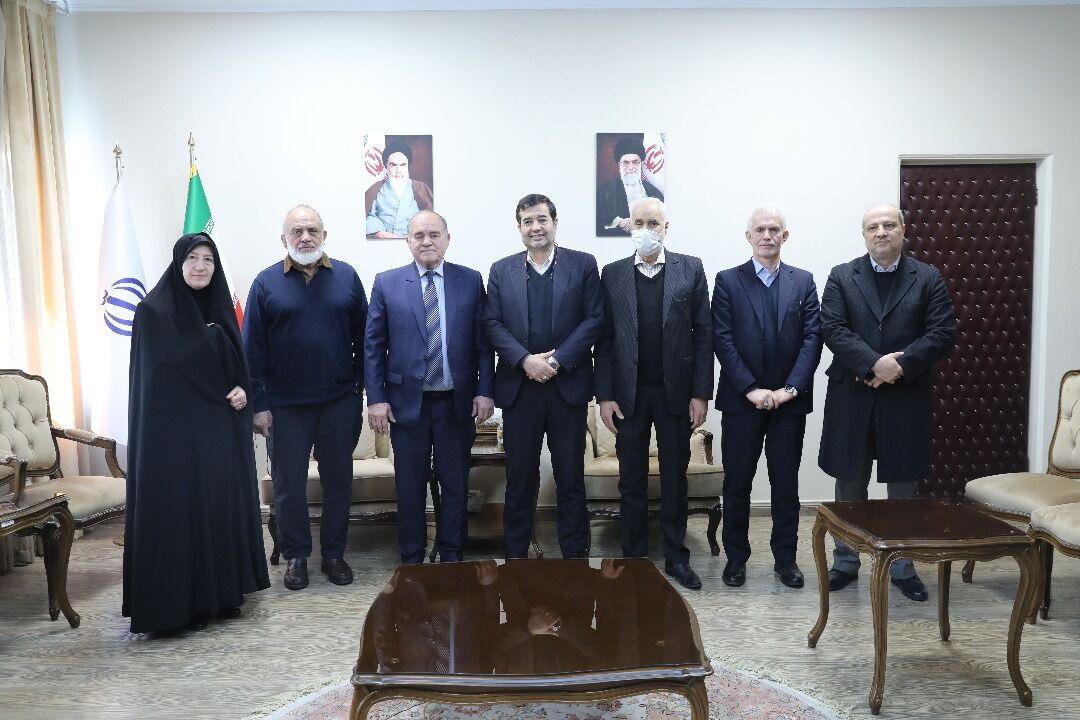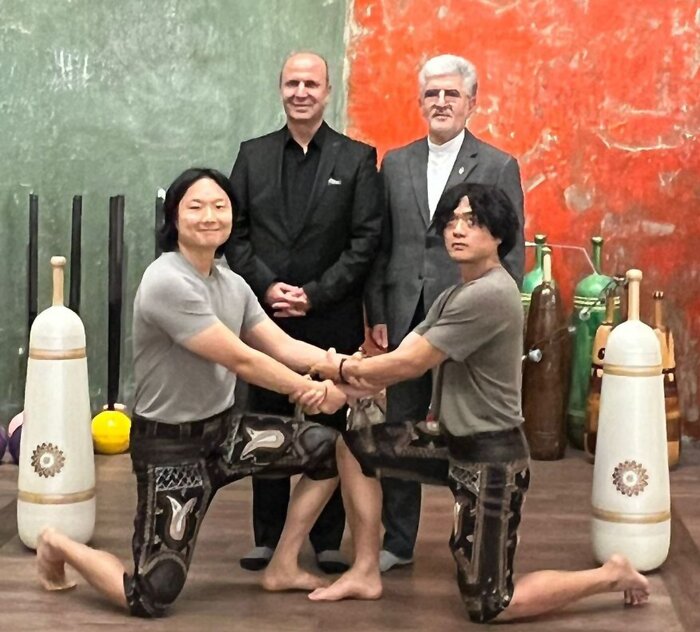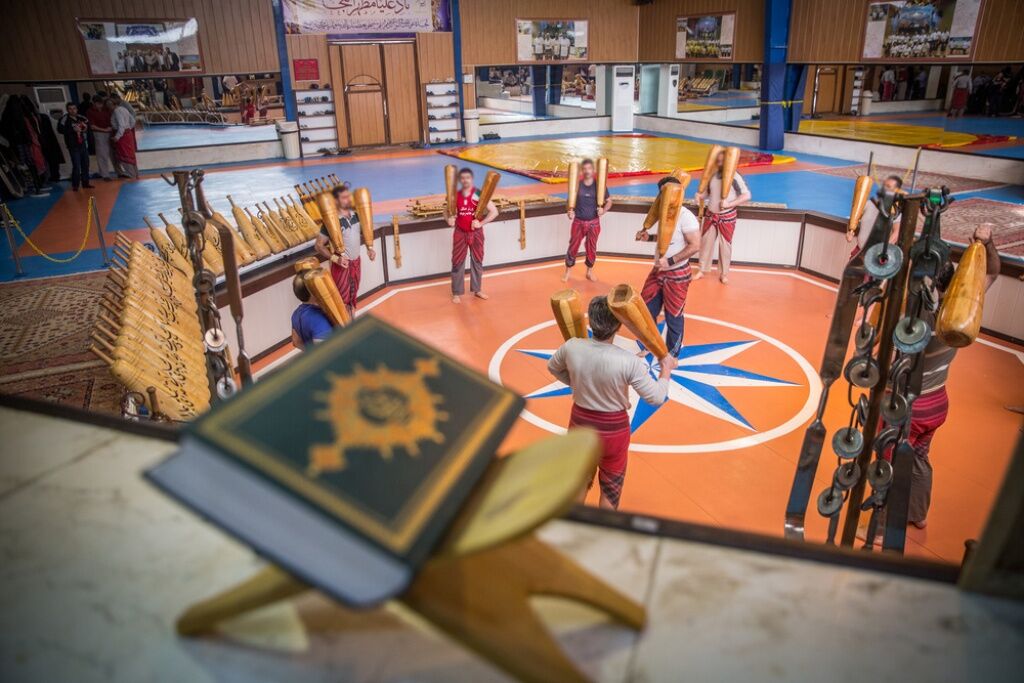In 2006, Angola made history by reaching their first, and to date, only FIFA World Cup™. Almost two decades later, just one member of that celebrated squad is still playing, forward Mateus Galiano, who started all three of their fixtures in Germany.
The Luanda native later became the Palancas Negras’ captain and played his last game for them in 2021. His consistency and years of service earned him the respect of current Angola coach Pedro Goncalves, who told FIFA in February 2024: “There’s a captain who I still call ‘the old captain’. Mateus Galiano is without doubt a standard-bearer of Angolan football.”
Now, just two months shy of his 40th birthday, Galiano wears the colours of Maia Lidador in Portugal’s Porto regional league. His passion for the game is further fuelled by the memories of the 2006 World Cup, where Angola were narrowly beaten by Portugal before draws with Mexico and Iran in Group D.
In conversation with FIFA, Galiano shared his memories of Germany 2006 and his hopes for the future of Angolan football.
How would you rate the current Angola side, and could they qualify for the FIFA World Cup 26™?
Mateus Galiano: The national team has a lot of potential and young players capable of bringing joy to Angolans. There’s a lot of talent in this group. So yes, I believe Angola have a good chance of reaching the 2026 tournament, and the additional qualifying places make this possible. Of course, the team have to play well in the qualifiers, but getting there would be an historic milestone for the country.
Is Pedro Goncalves the right man to take Angola back to the World Cup?
I believe Pedro has all the requirements and skill needed to put Angola back on the world stage.
Your generation made the people of Angola very happy. Is that sentiment coming back now?
My generation brought great joy to the people. The sense of satisfaction is back, and the public believe in the team again. You can feel the energy once more. The bond between the national team and the people can only be beneficial to everyone.
You started all three of Angola’s games at Germany 2006. What are your memories of the tournament?
I only have very good memories. The celebrations of the Angolan people, realising my dream of playing with stars I’d only watched on television, like Luis Figo, Cristiano Ronaldo, Pauleta and Simao Sabrosa, among others. It was the most beautiful moment of my life, because even some great players have never had the chance to play at a World Cup.
How did it feel to represent your country at the World Cup?
I was immensely proud to represent Angola and Angolans on this great stage, which is the biggest in the world. A child’s dream came true.
You forged a career at Portuguese clubs and then had to face Portugal at the 2006 World Cup. Was that the biggest challenge of your career?
It was a huge challenge to compete against all the stars Portugal had then. It was both thrilling and demanding. I wanted to show my best against the top players.
How did you handle your duties as Angola national team captain?
It was a source of pride. Having been in the national team for many years, I knew how to deal with various situations. I told a lot of new players that things could sometimes be difficult, but that there’d also been moments when things had gone really well for the national team. Some heeded my advice and agreed to play for Angola, and others did not. However, in the end, many ended up returning because they realised how special Angola is.
As a former skipper, what do you make of current captain Fredy?
Fredy is an excellent person. He’s a good player and a very genuine person. I had the privilege of sharing a dressing room with him in the national team and so I know that the captain’s role is in very good hands. His human and footballing qualities make sure the morale of the squad stays very high and their outlook is always positive. I wish him the very best.
What’s the secret to your longevity?
It’s all down to the love I have for football, which in my opinion is the best profession in the world. When you’re able to do what you love, time doesn’t seem to matter. There’s no big secret; it’s about trying to minimise serious injuries, taking care of your body and mind, and getting plenty of good nutrition and rest. Everything else is about enjoying the game.
Why did you retire from the national team in 2021?
I decided that because time catches up with everyone. The [last] squad renewal made me feel a bit like a fish out of water, with the side no longer having players of my generation. Despite having everyone’s respect and admiration, I thought the time was right to step aside for younger players to come through.
Have you already contemplated retiring fully from football?
I have plans for when I retire and have been working on them for a long time. I want to stay connected with football as a coach. Playing until the age of 40 is a beautiful number, but I think I’ll only stop when my passion starts to wane, and my body starts telling me it’s time to stop. I don’t yet have a specific date or time, and so for now I plan to continue doing what I love the most.
- نویسنده : محمد مهدی اسماعیلی رها





























Saturday, 31 January , 2026